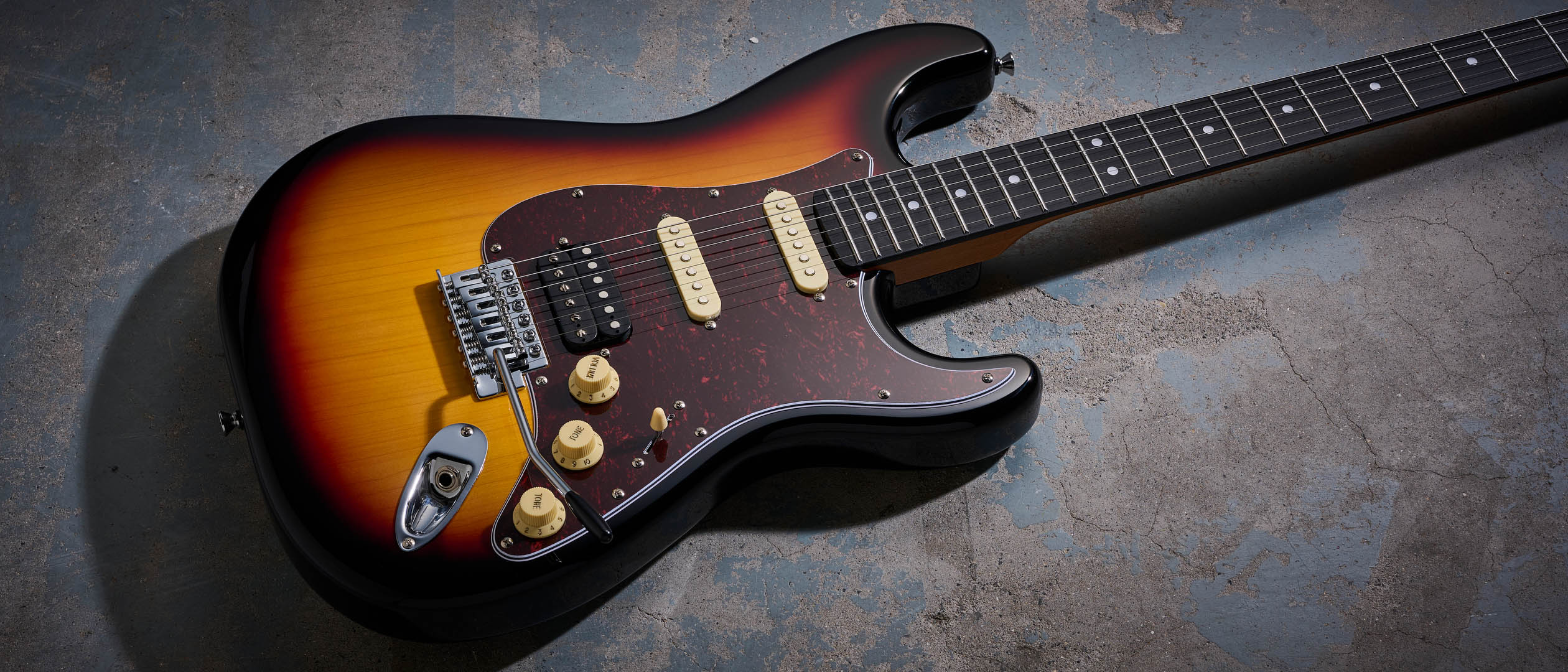Alex Henry Foster: "This album was liberating for me - it was more about the songs than the performance"
We caught up with the frontman of Your Favorite Enemies to discuss his esoteric debut solo album, Windows in the Sky
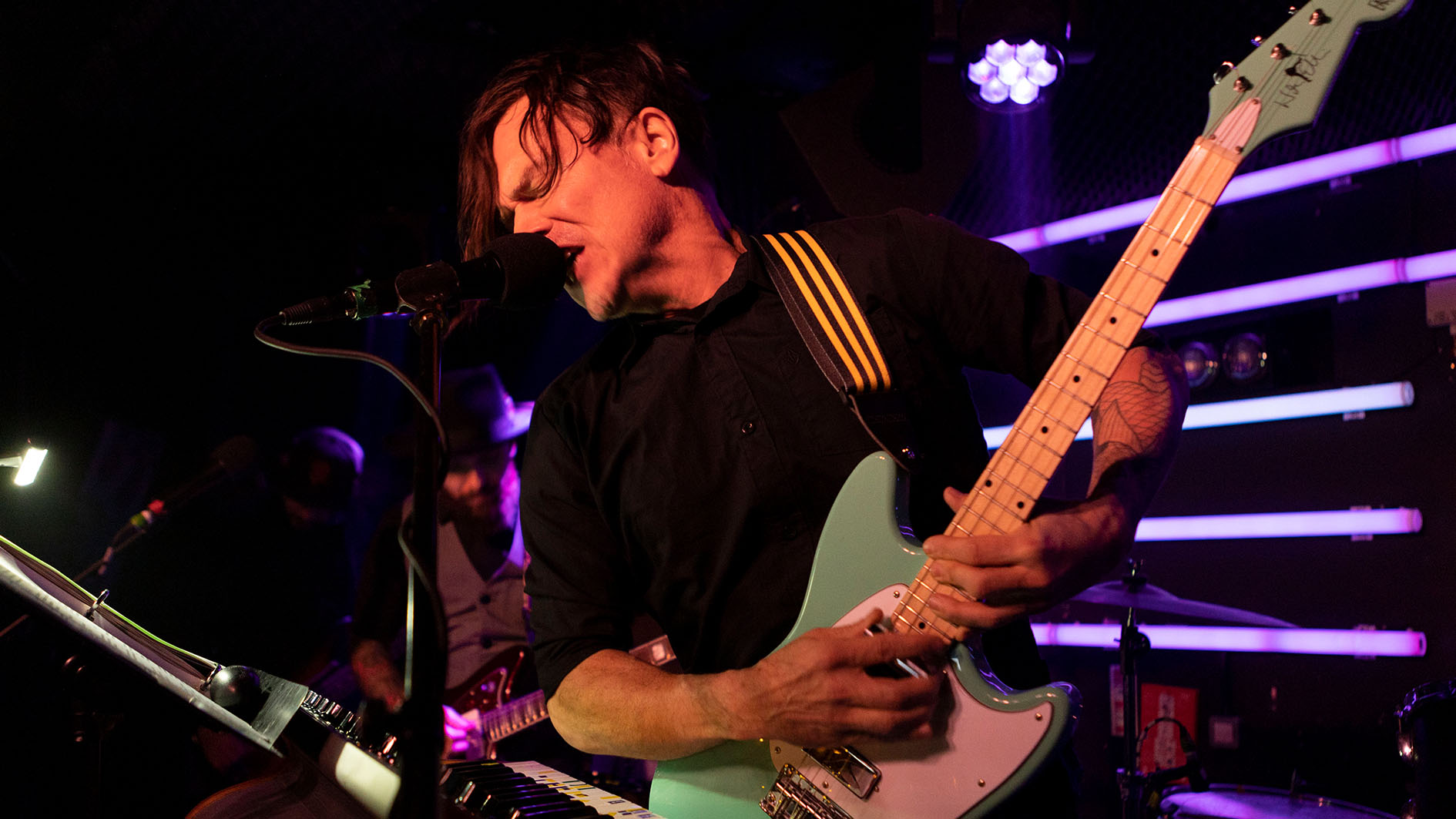
Following the death of his father from cancer in 2016, Alex Henry Foster placed his main project, Canadian cult rockers Your Favourite Enemies on hiatus, and left for Tangier, Morocco. By the time he returned to Canada, he and his former bandmates had recorded his first solo album, a cathartic mix of post-rock and noise-rock that's a far cry from anything the band had done before.
Your Favourite Enemies have toured all over the world, but they're still best known in their native Canada for their well-executed, punchy alt-rock. In their later work, they incorporated more shoegaze and post-rock elements, as well as a closer attention to sound design and layering in their production. Even so, the tracks and their presentation had a calculated slickness and a sheen that's been all but abandoned for Alex's new project.
Guitar World caught up with Alex and brothers Sef and Ben Lemelin on their European tour in support of Windows in the Sky, which found them supporting legendary US noise-rockers ...And You Will Know Us By The Trail of Dead.
First of all, why Tangier, and how did the album come together there?
"I went there with only the intention to write. After that, what was supposed to be two months kind of isolation became like, well, ultimately became two years. When everything looked like I was settling there, I was talking to Ben [Lemelin]... and then slowly we started to get into a place that we had transformed into a home studio.
"So we had Pro Tools, but otherwise quite minimal stuff, so we had to be more creative, rather than rely on the gadgets and everything that we have in our regular studio, which is a church that we turned into a professional studio.
"It's a state-of-the-art studio, so we were always in a place that I was relying on the things I needed to record, and [I wanted] to make sure that it was only about the honesty of the moment, because I wanted the record to be about the emergency of emotion."
Get The Pick Newsletter
All the latest guitar news, interviews, lessons, reviews, deals and more, direct to your inbox!
A lot of things were recorded live, in a live setting - I didn't want to go back and do overdubs
So was it recorded mostly live there then? There wasn't a thought of finishing it back in Canada?
"I wasn't trusting myself to go back in the studio after and redo everything."
What kind of gear did you have with you? An acoustic and an electric, presumably...
"I had a bit more tools than just an acoustic guitar. We all had different levels of minimal. For me it was very important, because a lot of things were recorded live, in a live setting, and I didn't want to go back and do overdubs, like we used to do with my previous band, Your Favourite Enemies.
"Because we had the studio it was a never-ending process of [dealing with] all the little details, all the little things. You get to the point of working on things so long that you have to go back to the first one because at the end of the process it doesn't feel the same."
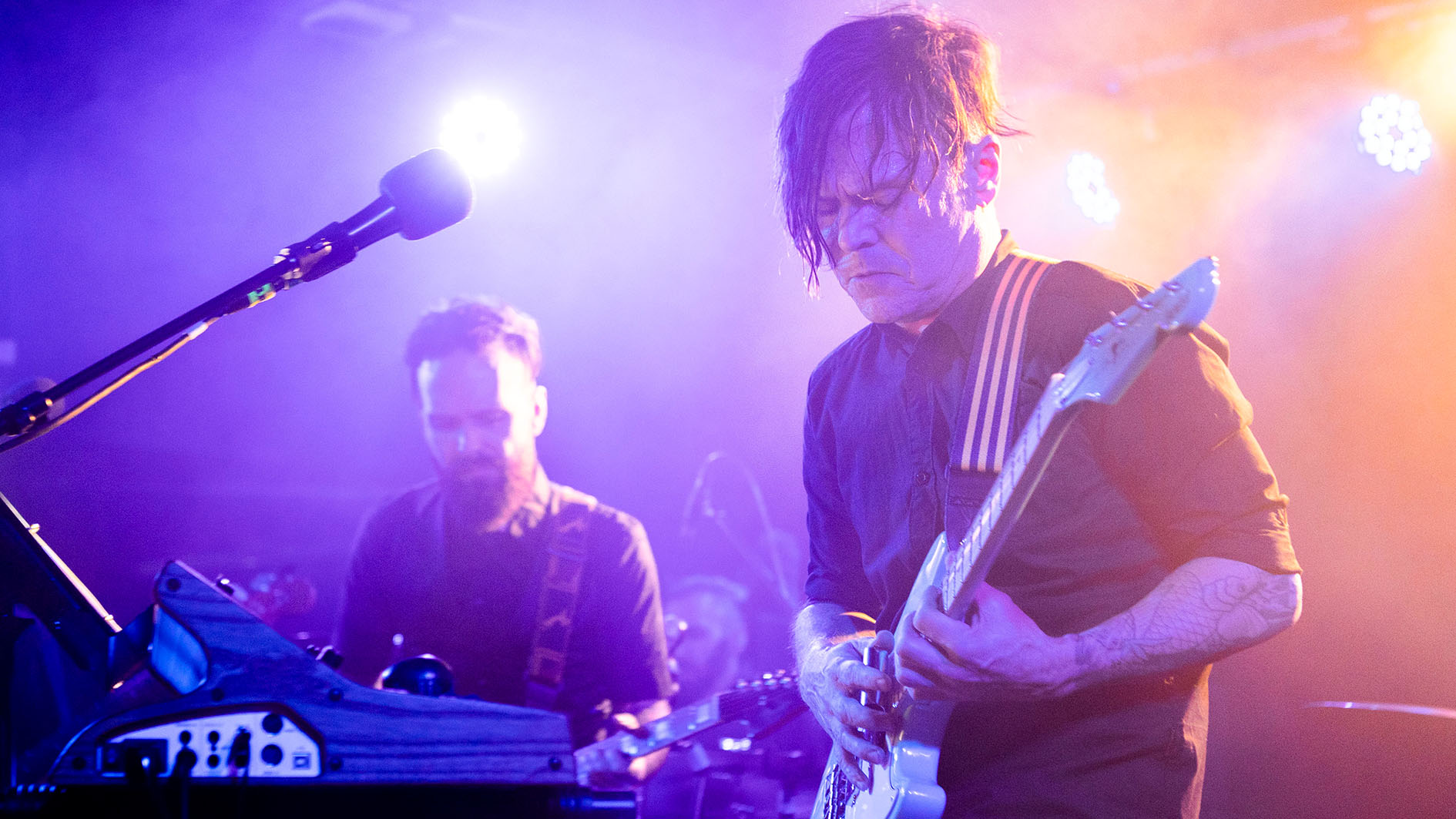
How did the writing process work, and how did you go about recording?
"Because the record was very personal and intimate, I wanted the record to go from one track to another [smoothly], so I worked on the songs in the same order that they are on the record. It was more of an emotional journey... I wasn't looking at this as some kind of an 'art statement' - it was really about capturing the essence of the moment."
Yet the album is very layered. You've already said that overdubs were a thing you tried to minimize or eliminate, so how did you go about that?
"That was the biggest challenge, I guess, because coming from a band with a lot of heavy guitars and really direct kind of approach, I had to trust instinct, rather than trying to find these riffs before going on. It was really about finding a balance between all the little tiny elements, basically kind of like when you have a canvas, and then you need to put all the colors in there. Then you're able to have a kind of perspective.
What I was looking for wasn't really about what others did, it was about finding the balance between all those instruments
"As we were going through, some colors were more vivid, and then slowly you're able to see all the different textures around. That's very instinctive, so as much as possible as I was going like through the process, I was able to add different guitars, different tones, different amps - even though I didn't have a lot of material, I was able to rely on what I wanted to hear, rather than just making some kind of a sonic statement."
Other than the location and your equipment, were there any other things different about your influences on this record?
"I went back to all my influences, way back to the things that really got me into music, which was things like Branca, Sonic Youth, old-time Swans, all these bands that are more into textures and using those instruments as tools to carry emotions rather than trying to find a cool riff."
Was there any specific gear you leaned on heavily?
"A couple different guitars, that was the main thing, that was the fundamental. I had a few Jazzmasters, [and] a tenor Eastwood four string so I was able to add different textures. What I was looking for wasn't really about what others did, it was about finding the balance between all those instruments.
"If you always have the same kind of instruments and you're very faithful, like we used to do, [saying] 'Okay, we're a Fender Jazzmaster band' - that was some kind of a statement. For this record, it was really like taking an instrument and seeing what was complementing the other ones that I had... I was trusting my ears rather than what I thought I should do."
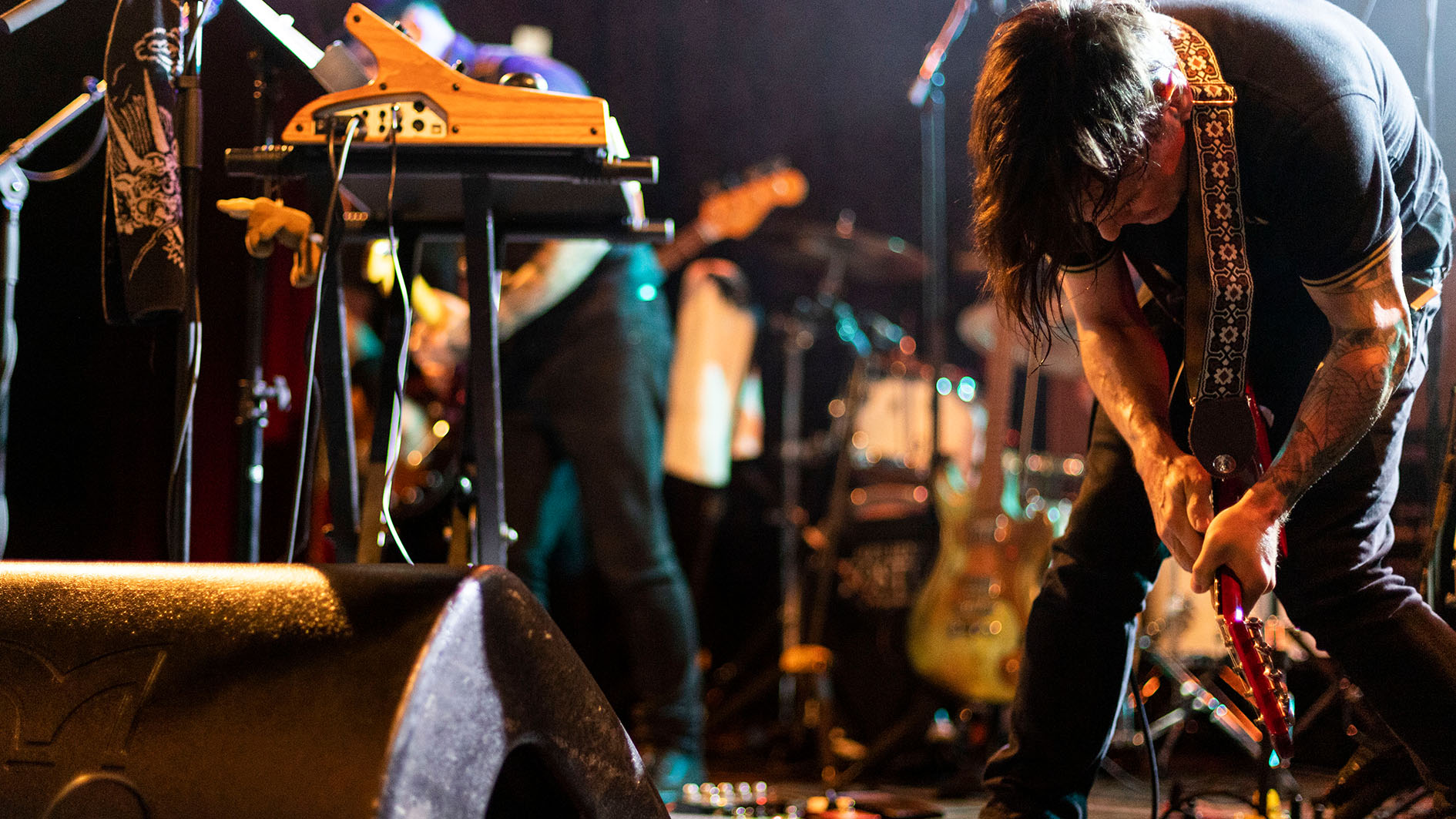
How did that sound design express itself? At the composition stage? Recording? Mixing? All three?
"I was really interested in making sure it wasn't just a wall of noise. It's very easy to put everything, you know, to 10, push a pedal and suddenly you feel like you're king of the world, but nothing really happens. So that was the biggest challenge afterwards, because especially in Tangier we had a small space and we were close to a mosque, so five times a day [there was the call to prayer]... we were also on the corner of a very busy street, so you have a lot of life going on.
"I wanted this to be part of the music as well, [and] sometimes if you put your headphones you can hear these little weird noises that you don't really know what [they] are. It was really part of the environment that we were in.
Sure, you can go very fast, and that's awesome, but can that thing make me feel something, other than 'wow'?
"So I wanted the guys [involved] in the project to be in the environment I was in when I wrote everything, so instead of just coming and playing the parts, there were a lot of moments where they had to listen, in a way, to each other, rather than just playing super-loud. So that's how we were able to mix all the layers into one sound."
That makes sense. How did you orchestrate the players in the band while playing yourself?
"Sef [Lemelin] is a wizard with all the pedals and everything, and I didn't want him to lose himself in the technicals and everything. So that was another thing - I wanted him to kind of, strip down his gear and all the resources that he usually used just to make sure that we didn't lose ourselves in all the funky stuff.
"So that was liberating for me... it was more about the songs than about the performance. Sometimes you can be an amazing musician but it's very sterile. You don't feel anything. Sure, you can go very fast, and that's awesome, but can that thing make me feel something, other than 'wow'?"
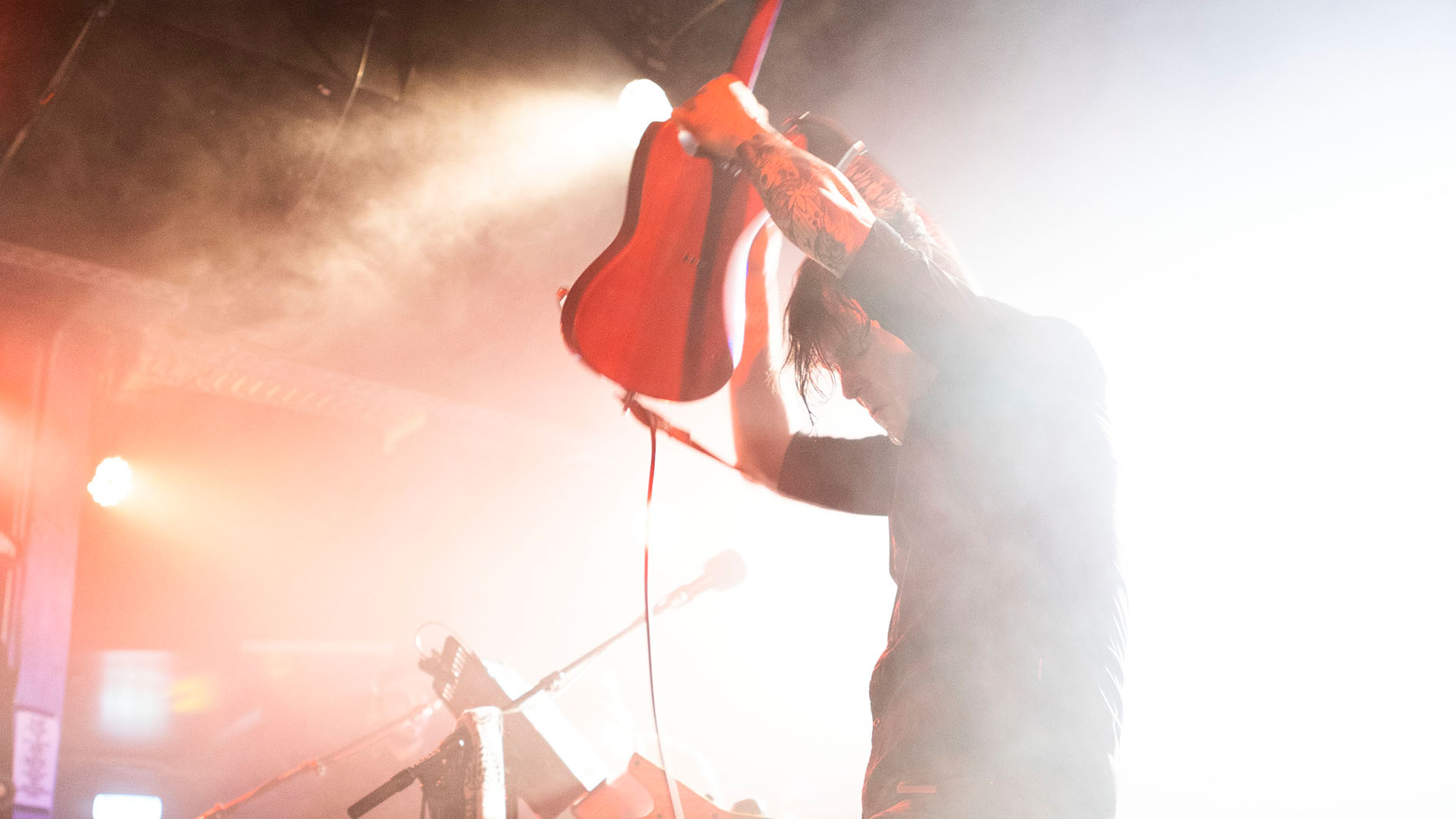
In terms of amps, what sort of thing were you working with?
Sef Lemelin: "A Fender Super Reverb and Orange Rocker 30, just the combo."
So classic club amps then? No surprise it wasn't Marshall stacks.
Lemelin: "If we had used full stacks, 4x12s, the neighborhood wouldn't have allowed it!"
So obviously there's Alex's tenor guitar - what else was there?
Foster: "We had the tenor guitar, a [Eastwood] mando-stang..."
Lemelin: "[counting off] A Troy Van Leuwen Jazzmaster, a Duesenberg Starplayer TV..."
You had the tenor guitar at the treble end - any extended range guitars?
Lemelin: "Yeah, we had an Eastwood bass VI. What's cool about this kind of bass guitar is that you can play the same chords as a six-string and it sounds so rich. On The Hunter, the bassline is done with a bass VI."
That's cool. As it's a pretty different project, did you find yourselves using different scales or modes when playing?
Lemelin: "We started to explore different scales and modes, as the major-minor scales we were using in the other band were not quite enough to describe complex emotions and concepts. The dissonance we used a lot, because we realized that Alex was really into that while rehearsing, but also the [Phrygian] and a lot of Dorian as well, which to us is more soundtrack-ish."
Final question - what do you love about music?
Foster: "Freedom, it's the freedom that I like. The idea of creating something from invisible and then in a spark to be able to create something that you can share with others, that moves you as well as communicating that with others."
Windows In The Sky is out May 1 on Hopeful Tragedy Records and available to preorder now.
Alex Lynham is a gear obsessive who's been collecting and building modern and vintage equipment since he got his first Saturday job. Besides reviewing countless pedals for Total Guitar, he's written guides on how to build your first pedal, how to build a tube amp from a kit, and briefly went viral when he released a glitch delay pedal, the Atom Smasher.
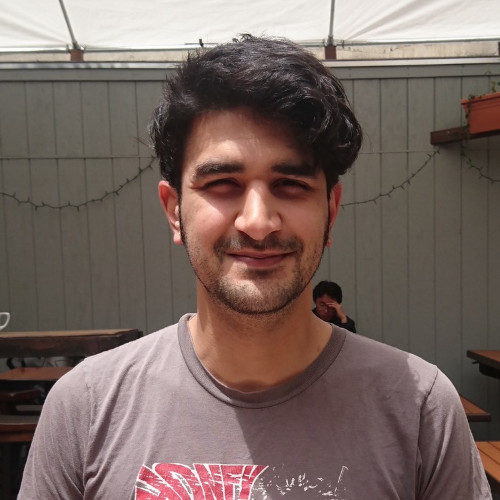

![John Mayer and Bob Weir [left] of Dead & Company photographed against a grey background. Mayer wears a blue overshirt and has his signature Silver Sky on his shoulder. Weir wears grey and a bolo tie.](https://cdn.mos.cms.futurecdn.net/C6niSAybzVCHoYcpJ8ZZgE.jpg)

![A black-and-white action shot of Sergeant Thunderhoof perform live: [from left] Mark Sayer, Dan Flitcroft, Jim Camp and Josh Gallop](https://cdn.mos.cms.futurecdn.net/am3UhJbsxAE239XRRZ8zC8.jpg)






